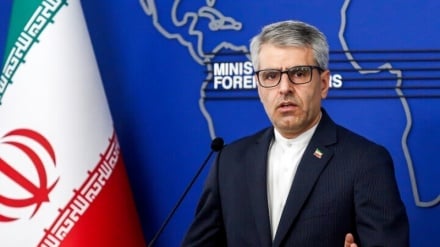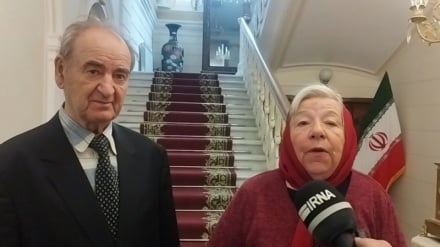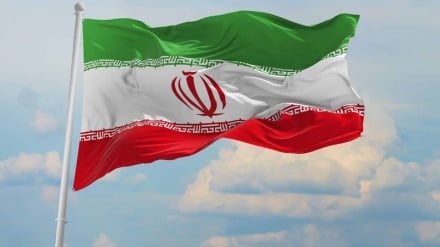The American proposal to France to finish off the Vietnamese with atomic bombs
-
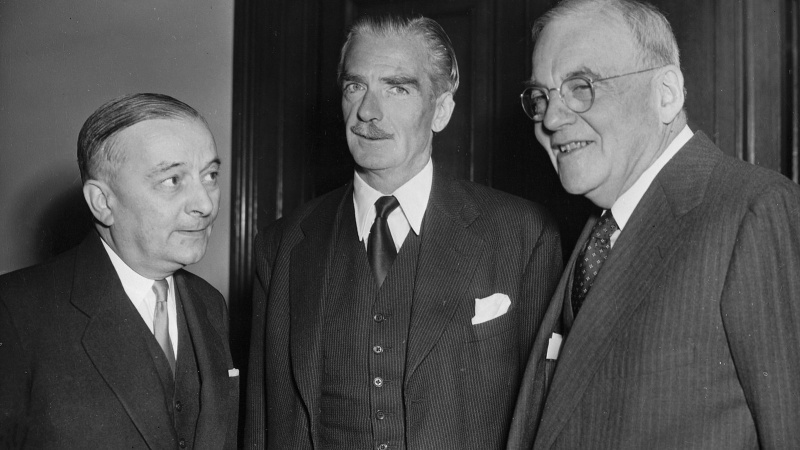
From left: Georges Bidault, Anthony Eden and John Foster Dulles
Pars Today - The US National Security Council reached a conclusion on April 30, 1954, that it might be necessary to provide the French with a number of atomic bombs, considering the events in Vietnam.
The French, who were disappointed with the continuation of colonialism and control over Vietnam's resources and people, requested special assistance from the United States.
The United States had been involved in Indochina since the end of World War II and had been supporting France's war efforts since 1950, primarily through logistical support. Hundreds of planes, tanks, vehicles, and thousands of tons of ammunition were provided to the French, and American advisors oversaw many of the French attacks and massacres.
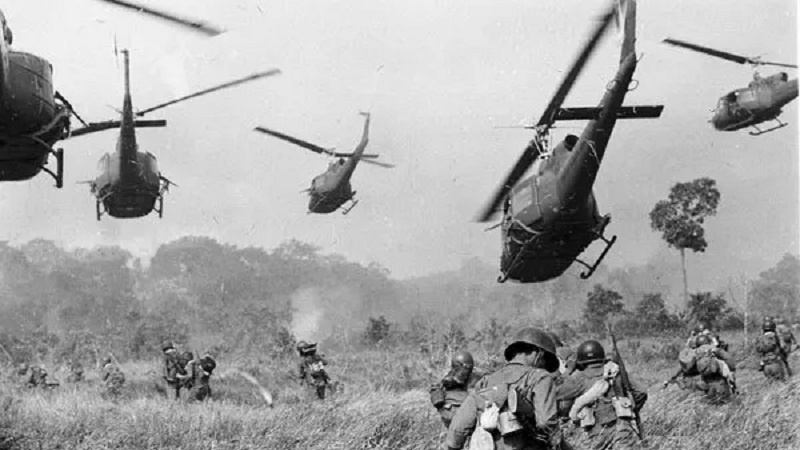
By 1954, nearly 80% of France's war expenses were being paid for by the US government and the US Air Force.
French military officials and diplomats, who were tired of the Vietnamese people's determination to resist colonialism and their clever and deep confrontation with colonialism, repeatedly requested direct American intervention.
One of the plans discussed on March 20, 1954, later known as Operation Vulture, involved 60 to 98 B-29 bombers from the US Air Force and over 100 escort planes from US aircraft carriers, bombing Vietnamese positions.
Later documents revealed a shocking decision. The documents revealed that part of Operation Vulture involved a proposal to drop three atomic bombs on the Vietnamese people.
Georges Bidault, the French Foreign Minister at the time, claimed that John Foster Dulles, the US Secretary of State, made the proposal to him during a meeting in Paris on April 22, 1954, suggesting that France use two atomic bombs to finish off the Vietnamese.
Bidault said he rejected the proposal. However, he later admitted that the reason was that the Vietnamese fighters were too close to the French headquarters, and the atomic bombs could have also destroyed the French.
Dulles later denied making such a proposal. However, it was a fact that the use of nuclear weapons and providing them to the French had been discussed within the White House.
On April 29, the US National Security Council discussed the issue for four hours and concluded on April 30 that "it might be necessary to provide them with some bombs."
However, Eisenhower was not willing to intervene directly without the support of allies or Congress.
The situation changed in May, and the usefulness of using atomic bombs disappeared. Because after the destruction of 2,000 French soldiers and the injury of over 10,000, France suffered a defeat and the collapse of its colonial empire, which did not escape the attention of its American supporters.
With France's defeat, the US decided to enter the region with a new program, promoting its own war goals and demonstrating its military power against Vietnamese to the French, and other powers, which ultimately led to the famous defeat of the Vietnam War.
Source:
Brimelow, Benjamin. 2021. How the US considered helping France nuke its way out of an embarrassing military defeat. Business Insider.
Key phrases: France's war with Vietnam, France's use of atomic bombs, the West's war with the East, why France was defeated.
MG/ME
